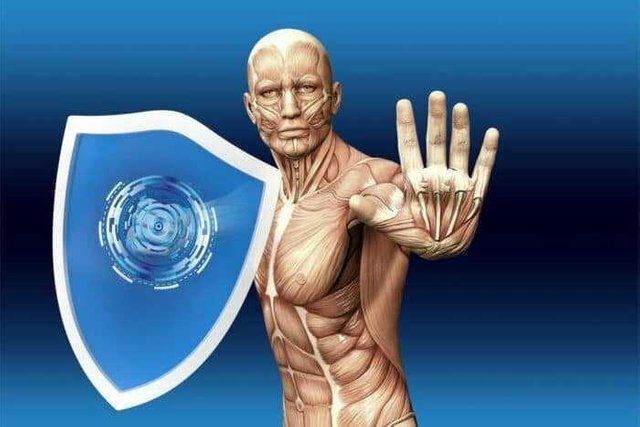Immune System is a complex
The immune system is a complex system consisting of cells, tissues, and organs that work together to protect the body against disease and maintain overall health. Even so, there are many surprising things you might not know about your body's natural defense system. Check out the shocking facts about human immunity in this article.
How does the immune system take care of your health?
Through a series of steps called the immune response, the immune system will attack various antigens (foreign objects that enter the body) to protect the body from various diseases.
This antigen can be microbes such as bacteria, viruses, parasites, and fungi. Even other body tissues that enter the body - such as organ transplants - can be considered as foreign objects by your immune system, causing a rejection of the body.
Well, the main key to a healthy immune system is when this system is able to distinguish between yourself and foreign objects that enter the body. So, if there is a foreign object that is not recognized into the body, then this system will carry out a process of self-defense.
Did you know that the human immune system is ...
After knowing how the immune system works, here are some surprising facts about human immunity that you may not know about.
Rarely wrong
For the majority of healthy people, the body's immune system or the immune system can also be adapted to continue to change and respond to new germs, be it viruses, bacteria, or parasites, every day. Continuous exposure to these germs makes the immune system continue to study germs and build strength to fight them.
However, in rare cases, people who do have chronic immune conditions such as primary immunodeficiency, their immune systems generally cannot fight germs maximally. Well, this causes them to be susceptible to infection.
The intestine works as a guardian of the body's defense gates
The largest part of the human immune system is in the digestive tract or intestine. According to Dr. Katharine Woessner, a specialist in allergies, asthma and immunology, the gastrointestinal tract is part of the immune system that works hardest. This section also continuously distinguishes good and bad bacteria to maintain general body health.
The thymus gland plays an important role in the immune system
The thymus gland located behind the breastbone, which is between the lungs, is responsible for producing white blood cells or lymphocytes (T cells). Immature T cells will be sent to the thymus to be matured and become a very important part of the immune system.
This thymus gland turns out to have a golden age, when we were children. Once we enter puberty, this gland will shrink and slowly become fat tissue deposits. Disorders of this gland in the age of infants and children can cause the immune system to be disrupted.
Humans can live without the spleen
The spleen is a large and important body organ of the lymphatic system. Its function is to cleanse the blood of viruses, bacteria, and other foreign objects in the body. Located behind the stomach and below the diaphragm, the spleen has many functions, including filtering damaged red blood cells and storing white blood cells for antibody production.
When the body fights infection, the spleen will temporarily enlarge. In theory, humans can live without the spleen, because our immune system has many ways to protect the body from pathogens.

Very nice information
thanks for comment